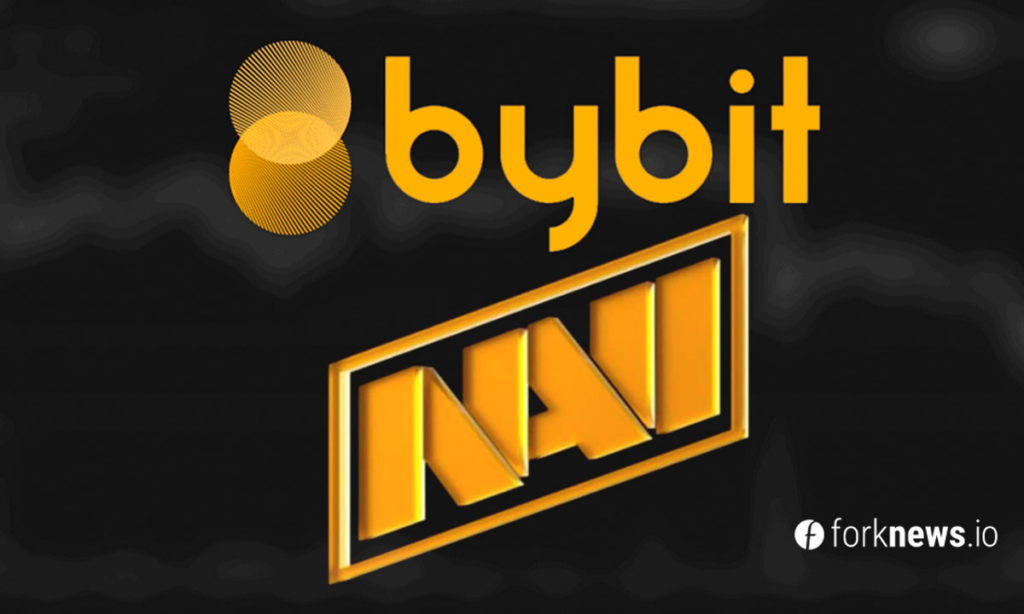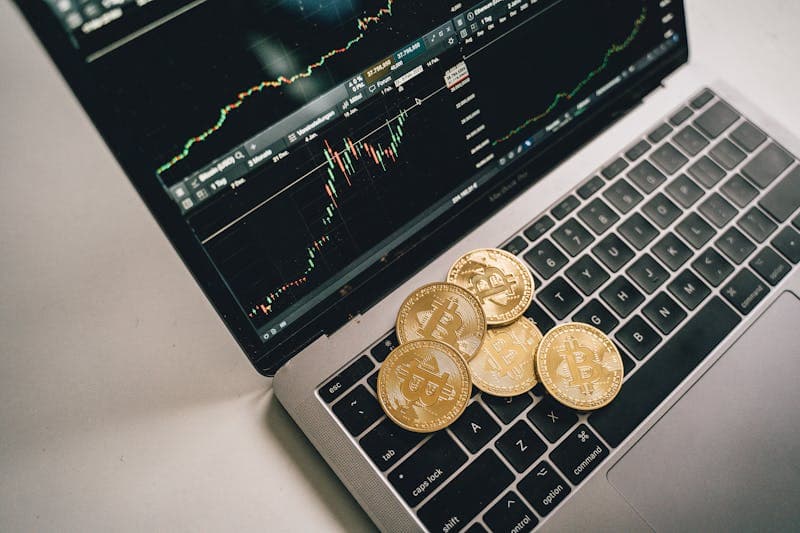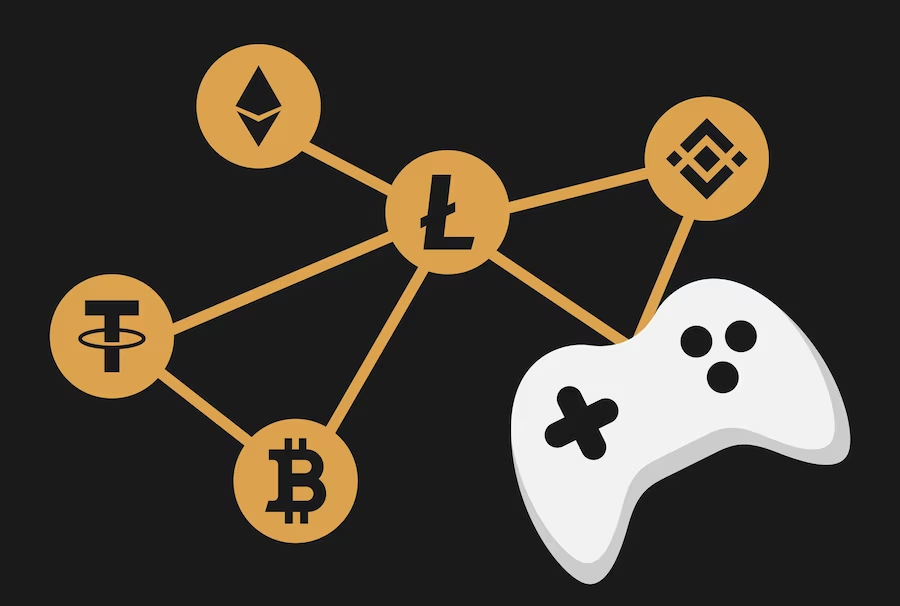Since the first cryptocurrency was created a while ago, no one anticipated anything to come of it. But the first crypto boom happened after only a few years, and everyone wanted to participate in it. It resembled a contemporary version of the gold rush of the 1800s. As the years went by, cryptocurrency changed; its value rose and decreased; individuals were interested in it, lost it, and regained it.
What Is Esports And Its Growth?
The esports industry has grown dramatically over time in terms of both audience and revenue. Not just because those viewers were making money, but since the audience was rising, too, was the main contributor to the increase in revenue. As they see the chance to engage with a sizeable and interested audience, brands invest in direct and indirect esports marketing of upcoming championships.
The industry’s rapid economic growth was only mildly hindered by COVID’s restrictions on major public esports events, but as of 2023, things seem to be back to normal. Broadcasting giants and non-indigenous companies are now much more interested. In 2020, YouTube recorded 100 billion hours of game viewing, and according to Juniper Research, by 2025, there will be more than one billion people worldwide watching esports and playing video games.
According to Newzoo, worldwide esports revenue will surpass USD 1.6 billion in 2023, growing at a compound annual growth rate of 15.5% over 2018. Once conditions permit, growth can be anticipated in every area, from media rights and sponsorship to merchandise and actual events.
What Role Did Crypto Projects Play In The Growth Of The Esports Sector?

Recently, crypto projects—including exchanges and ecosystems focused on the entertainment industry—have begun forming partnerships with esports teams and reaching eye-popping deals for hundreds of millions of dollars. For instance, the popular esports team Natus Vincere (NAVI) received support from the Singapore-based cryptocurrency exchange Bybit to compete in tournaments and raise awareness of professional gaming.
The alliance aims to entice more individuals into professional gaming by giving amateurs who want to make it significant access to tools like funding and education. It also aimed to support professional gamers in diversifying their holdings and creating a cryptocurrency portfolio. This collaboration gives the esports sector a significant boost by increasing public awareness of the sector and its potential.
Cryptocurrency Esports Projects, And How Do Cryptocurrency Exchanges Support Esports Teams?
A three-year collaboration agreement between the cryptocurrency exchange Bitstamp and the esports group Immortals has just been signed. By the agreement, Bitstamp will be both the gaming company’s founding partner and designated bitcoin exchange. The Immortals’ entry into the bitcoin market is not their first. Bitstamp will be the team’s second cryptocurrency partner, joining its current cooperation with DeFi artificial intelligence business fetch.ai.
Furthermore, this is not Bitstamp’s first esports collaboration. In a partnership that would last for three years, the exchange just three weeks earlier declared that it would pay close to $6.1 million to become Guild Esports’ exclusive sponsor. Both “League of Legends,” a multiplayer online battle arena (MOBA), and “Valorant,” a first-person shooter, are supported by esports teams that the US-based Immortals run. Riot Games, which last year signed a significant cryptocurrency sponsorship deal with exchange FTX, is responsible for the development and publication of both games.
The Immortals partnership’s primary objective is to inform gamers about cryptocurrencies while providing esports fans with cryptocurrency giveaways. In any League of Legends Championship Series (LCS) game, the Immortals’ “League of Legends” squad will receive the first kill, or “first blood,” offering supporters the chance to win cryptocurrency from Bitstamp.
Is Blockchain Technology Used In Esports Somewhere?

Without blockchain, the esports market is a saturated one-way path for businesses to exploit most gamers. Blockchain technology develops a just ecosystem for businesses, players, and creators.
· Encourage gamers to receive payment for their play
Only the top 3% of esports competitors receive rewards from a total gaming population of 2.2 billion. This is because esports competitions are rare and only invite the finest competitors. Our tournament hosting platform, Bountie, uses blockchain technology to open doors by enabling regular gamers to run their competitions.
· Increasing Transparency
Even if the esports market is enormous and rapidly expanding, it is impossible to identify the players no matter how good a player you are, unless someone is following you on Twitch or YouTube, they probably wouldn’t even be aware that you exist. What if your gaming profile, complete with statistics and rankings, could be uploaded to a public database where anybody could view just how talented you are? Use a decentralized, public database as your gaming portfolio with blockchain technology to attract sponsors.
Conclusion
Like cryptocurrency, esports is a worldwide phenomenon that goes beyond conventional state boundaries to bring people together through its technologies. Since sponsorship money from esports’ newest partner has begun to flow in, esports organizations like TSM, Astralis, NAVI, and BIG, as well as esports leagues like the LCS have all signed agreements relating to cryptocurrencies. However, the value of cryptocurrencies in esports goes far beyond the possibility of sponsorship. Corporate companies can access worldwide trading services through Bitcashier, a cross-exchange cryptocurrency trading platform.










